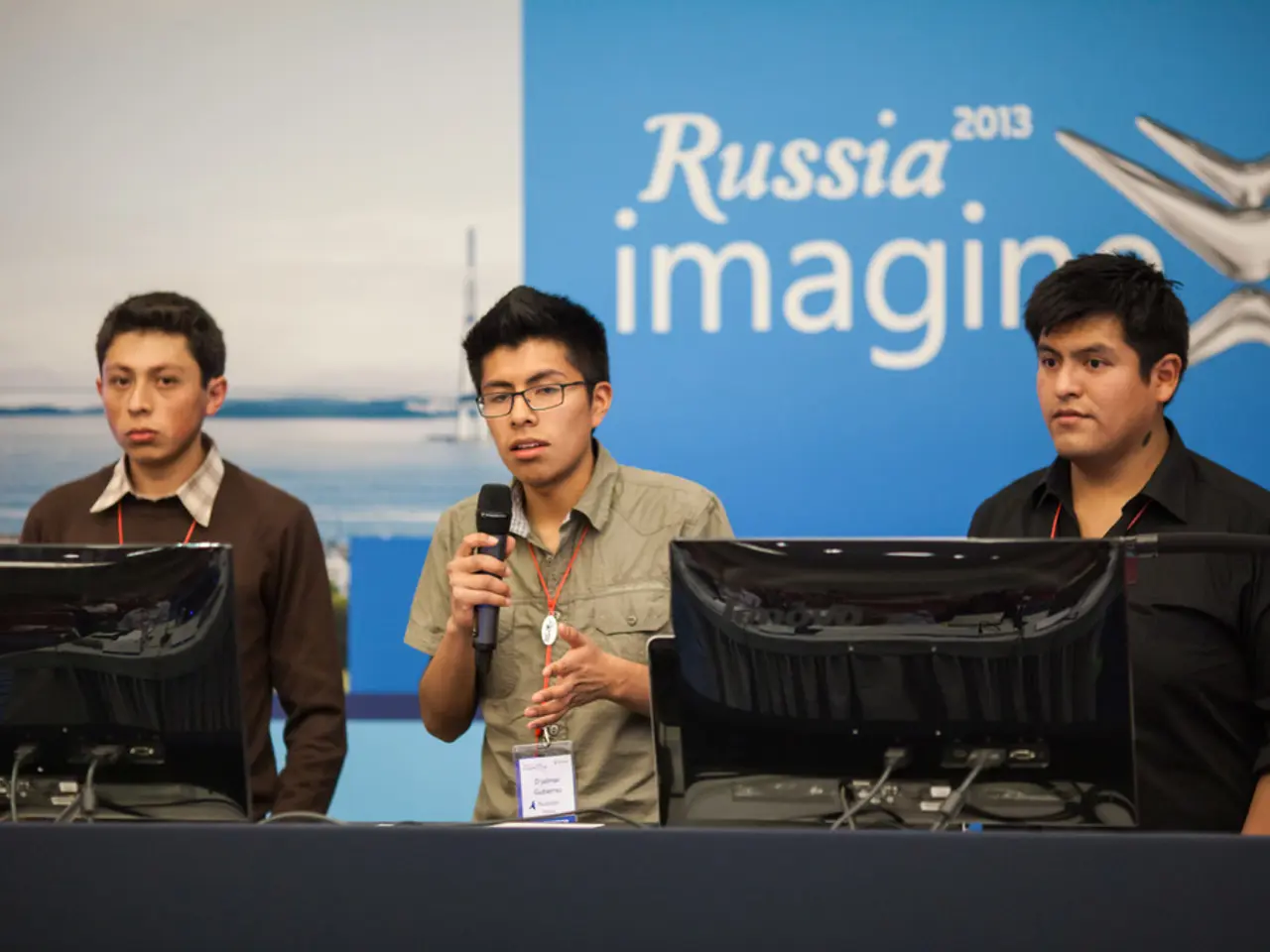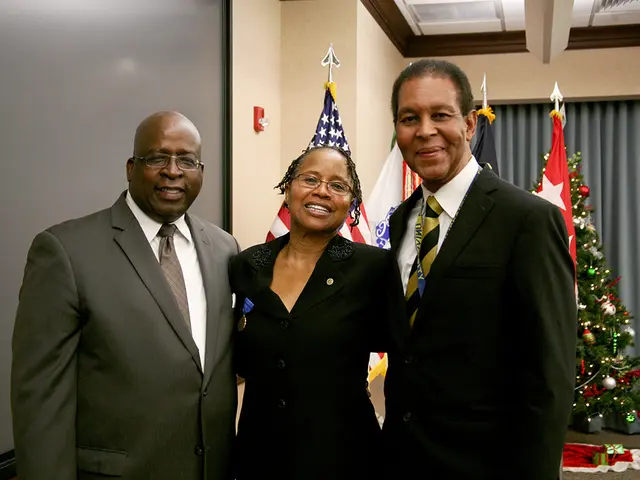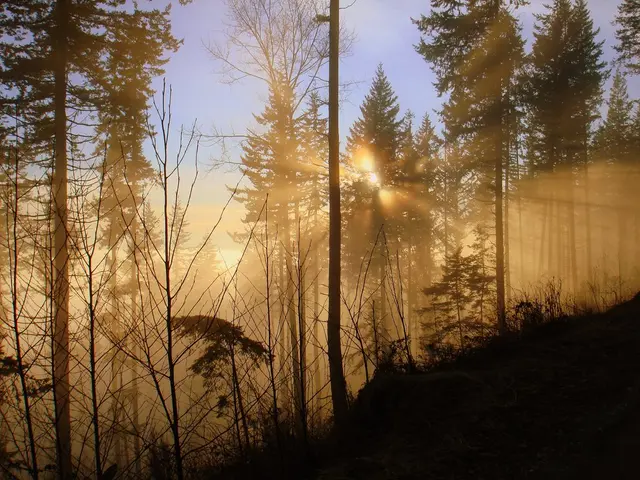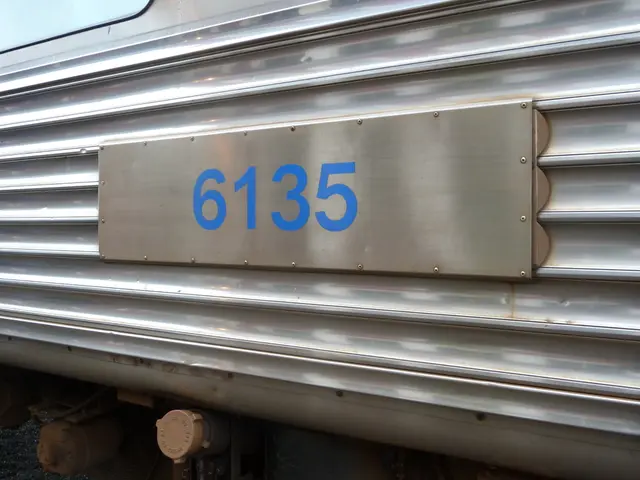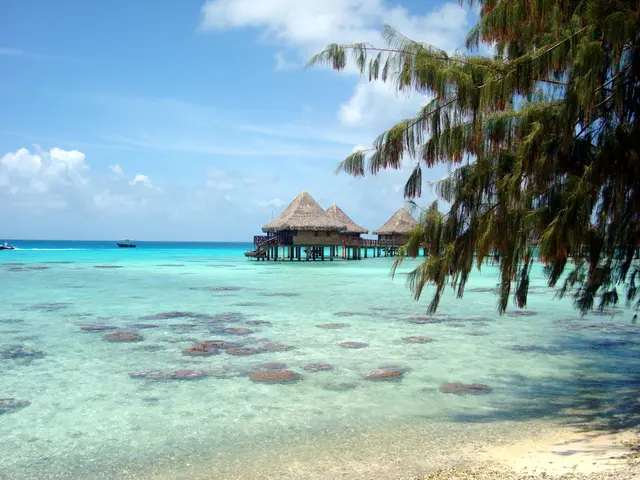"Russia's Conflict with Ukraine: A Deep Historical Examination of the Triggers"
In a thought-provoking new book, "The Curse of the Empire," author Serhii Plokhy delves into the complex history between Russia and Ukraine, shedding light on the roots of the ongoing conflict and Putin's ambitions for comprehensive control over Ukraine.
The book traces the development of political and cultural patterns as far back as the 17th century, when Russia, under the rule of Peter I and Catherine II, expanded its territories to include Ukrainian lands. This expansion was accompanied by a push for assimilation, as Russian circles aimed to consolidate an ideological framework with the triad of "Orthodoxy, Autocracy, Nationality."
Fast forward to the 19th century, and we see a national awakening in both Poland and Ukraine. However, Russia's response was one of repression, as it step by step built an authoritarian regime, ideologically backed by the fight against Western values. This pattern continued into the 20th century, with the Soviet Union reclaiming lost territories, thanks in part to the Hitler-Stalin Pact of August 23, 1939.
The Ukrainian Soviet Republic, enlarged and more ethnically homogeneous than ever, emerged from World War II in 1945. Tragically, the Holodomor of 1932/33, a politically induced famine in Ukraine, had an overtly ethnic component, according to the author.
The roots of Russia's recent wars, however, go deeper than the last three decades. The taboo being Ukraine's alignment with the West and the goal remaining control over Ukraine in all matters that affect Moscow's interests has been a constant in Russian foreign policy.
In Ukraine, civil society has played a crucial role in keeping the system on a democratic trajectory. Repeated protests in 2000, 2004 (Orange Revolution), and 2013/14 (Euro-Maidan) targeted corruption, election manipulation, and attempts to thwart the path to the European Union (EU).
The Kremlin's perspective and at least larger parts of Russian society view the non-Russian republics of the Russian Federation as Russia's new "inner" empire. The Commonwealth of Independent States (CIS) is viewed as Russia's "outer" empire, a "near abroad" with limited sovereignty.
The book identifies a "curse of the empire" in the connection of imperial politics, foreign policy, and identity constructs, combined with Russian nationalism. This curse, according to Martin Schulze Wessel, is evident in the very recent protests for the independence of anti-corruption bodies in Ukraine.
The notion that the USA, the EU, or NATO could have satisfied Russia's security interests and simultaneously secure Ukraine's unhindered self-determination through different policies in the 1990s and 2000s appears short-sighted in light of the broader historical panorama. As we continue to navigate the complexities of this ongoing conflict, understanding its historical roots is crucial.
Read also:
- United States tariffs pose a threat to India, necessitating the recruitment of adept negotiators or strategists, similar to those who had influenced Trump's decisions.
- Weekly happenings in the German Federal Parliament (Bundestag)
- Southwest region's most popular posts, accompanied by an inquiry:
- Discussion between Putin and Trump in Alaska could potentially overshadow Ukraine's concerns
